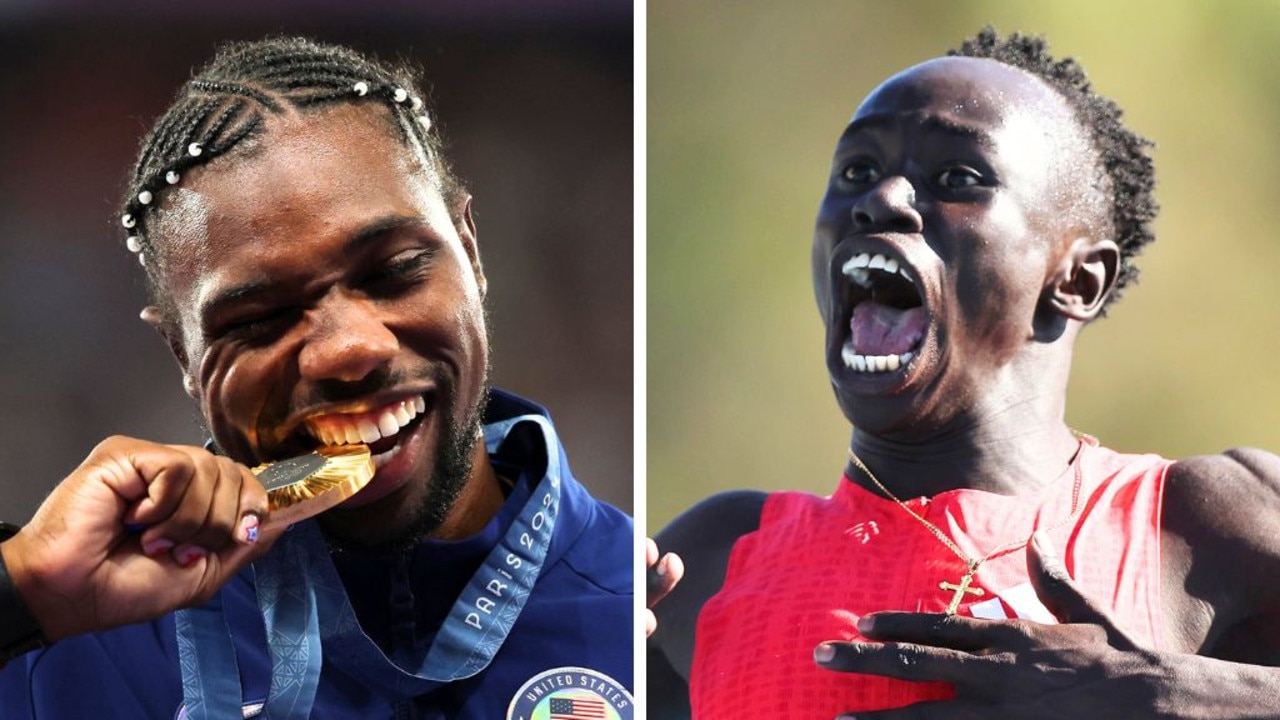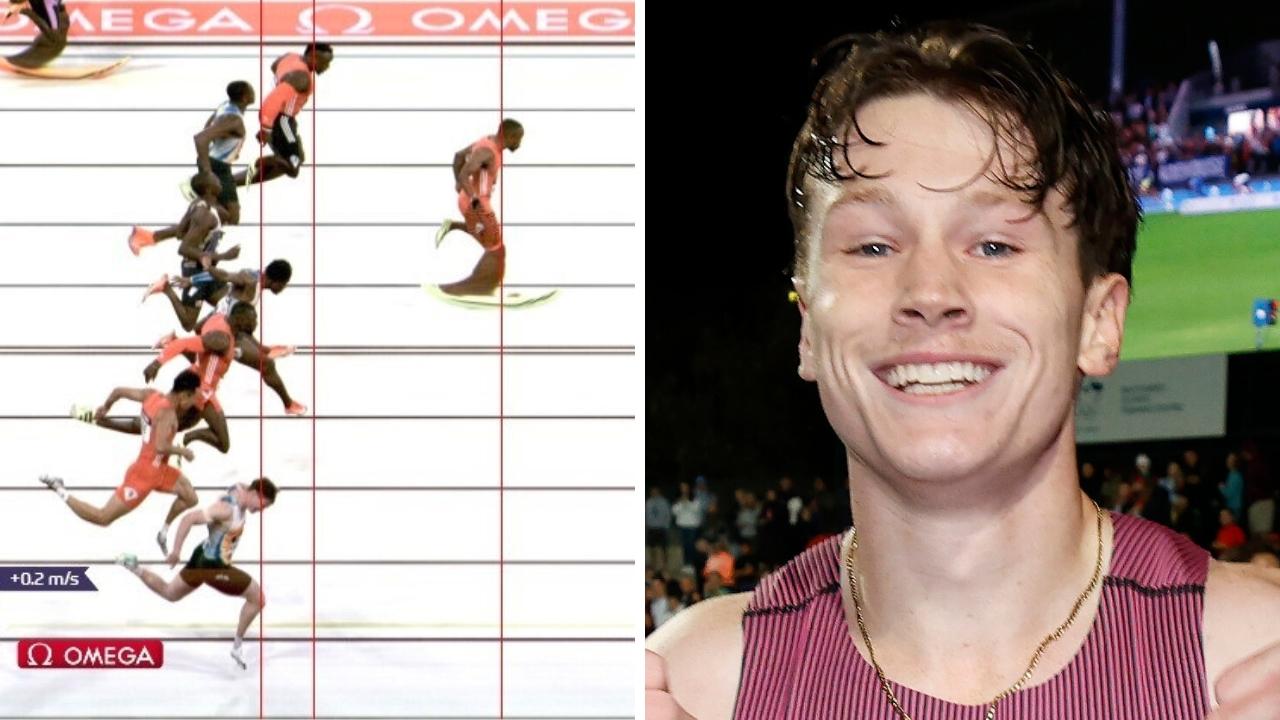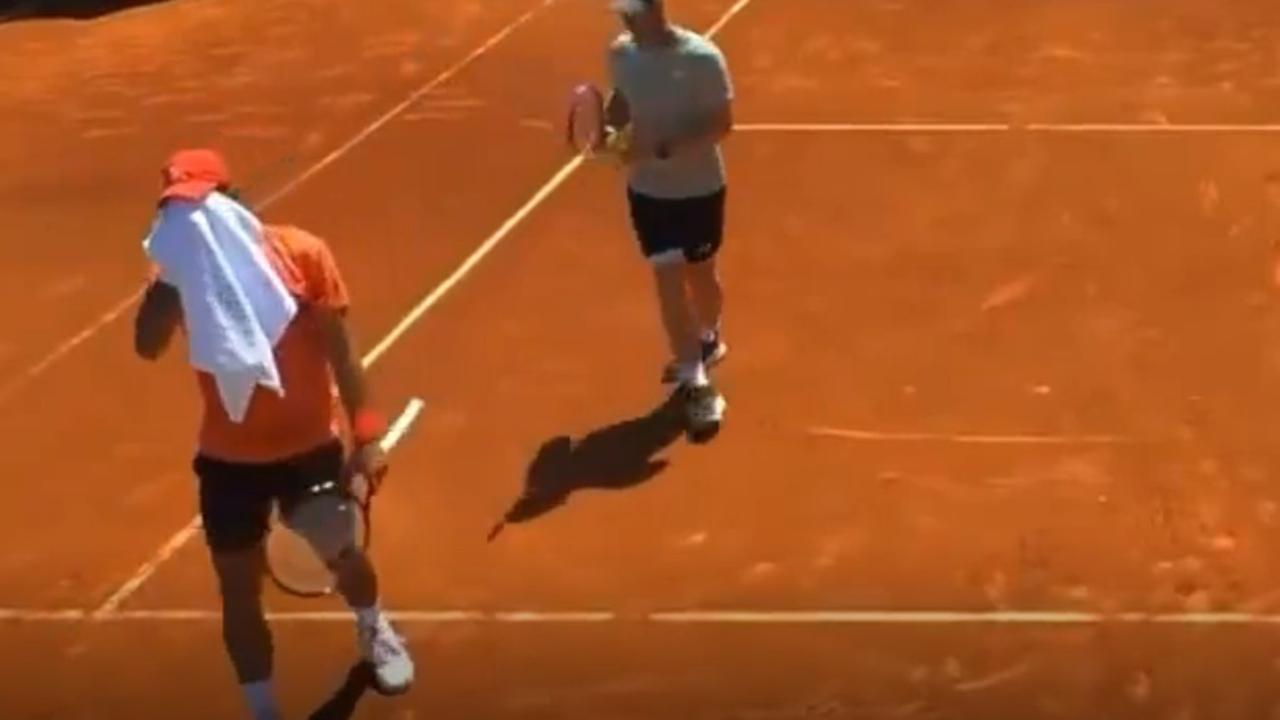Great expectations on our swimmers could be team’s downfall, warn coaches
A POOR pool performance in London was seen as totemic for a woeful national campaign, but coaches caution against high expectations on our swimmers, writes Todd Balym.
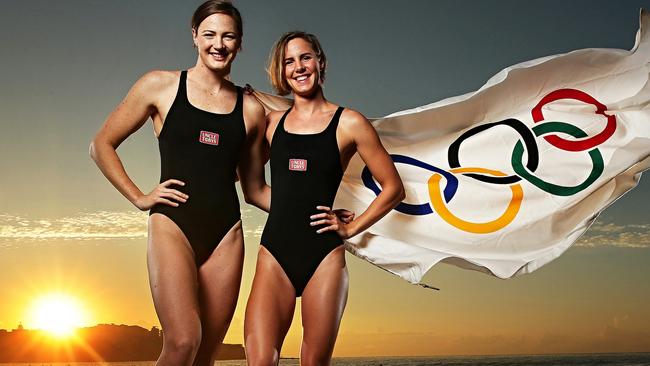
AS always the final piece of forgiveness comes when words are followed up by actions.
So it is for the Australian swimming team who on Sunday (AEST) walk back into the Olympic spotlight and the eyes of the country look to see if the Dolphins can atone for what happened in London four years ago.
There have been great performances since those 2012 Games – they won seven gold medals at last year’s world titles – and significant growth in the character and culture of the swim team, but the Olympics is where it matters most.
It is the true acid test when hype, pressure and expectation built up over four years boil down to eight days of intense racing.
What goes down in the Maria Lenk Stadium pool will define whether the Dolphins are truly back or still on the nose with the Australian public.
The Australian swim team has been the barometer of the entire Olympic team ever since a teenage Ian Thorpe set alight the Sydney Olympic pool with a powerful 400m freestyle victory on night one of the 2000 Games.
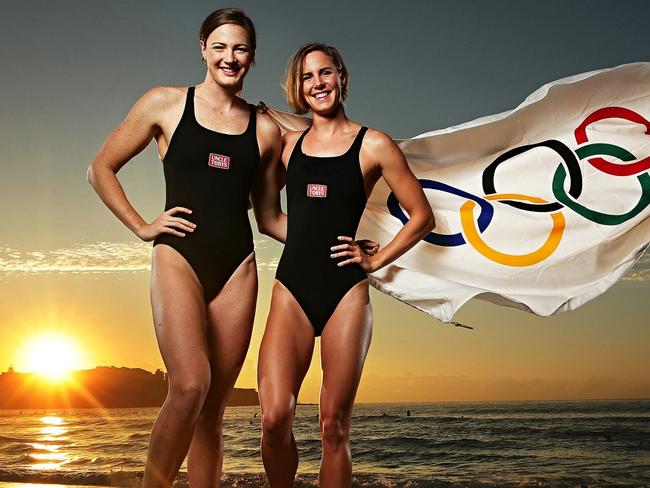
When the swim team flopped in London Australia’s entire Olympic campaign fell flat and the overall performance of just eight gold medals was the worst since 1992.
It’s part of the psyche of Australia at the Olympics. When the swim team fires their success permeates through the team and they all walk a bit taller.
Head coach Jacco Verhaeren however wants to take that pressure off his Dolphins swimmers. The last thing they need, he believes, is to feel like they’re carrying expectation of others.
“We are definitely not carrying the weight of the nation or this Olympic team,” Verhaeren said.
“I think this Olympic team is exciting anyway. It has so many sports, so many athletes and so many medal contenders also in other sports we don’t have to feel that weight.
“We hope to be very valuable let’s say team partners of the whole broader Australian team, that is really what we want and we can do that in many ways, of course by swimming fast, but also to be that good professional team member.
“I think so far we’ve just started but we’ve shown that already.”
But when all is said and done, that medal tally will tell an important story. Sport is a results-based business. In London the one gold, six silver and three bronze medal haul represented the worst swimming performance since Barcelona in 1992.
Whereas four years ago Australia had just two world No.1 ranked events – James Magnussen (100m freestyle) and the men’s 4x100m freestyle relay – leading into the Games this team is full of realistic gold medal chances.
Eight individual world No.1s based upon 2016 times, plus their lone defending Olympic champs the women’s 4x100m freestyle relay.
If they fire to their full potential this Australian team could not only out-medal Australian teams that boasted champs like Ian Thorpe and Grant Hackett, but take the Dolphins back 60 years to the glorious 1956 Olympics when Australia topped the pool medal tally with a haul of eight gold medals to beat the USA.
Of the eight current No.1s – Cate Campbell (50m and 100m freestyle), Cameron McEvoy (100m freestyle), Mack Horton (400m freestyle), Mitch Larkins (200m backstroke), Emily Seebohm (100m backstroke), Belinda Hocking (200m backstroke) and Maddie Groves (200m butterfly) – only Horton and Groves are Olympic rookies.
In just four years the so called ‘flops of London’ have grown into perhaps the strongest Australian team we’ve ever seen.
Verhaeren warns though that Australia’s promising rankings – which includes five No.2s and two No.3s in individual events – gets thrown out the window in Olympic years.

“You can’t always look at world rankings,” he said.
“You can be ranked one, three or eight but at the end of the day it’s how good are you here.
“That is actually what is going to make the difference, not how you are placed now with world rankings.
“Of course it shows your capabilities and shows you’re competitive.
“We’re a very competitive team and we’ve shown great shape already at our trials and leading into this competition so we have a competitive team but you cannot predict outcomes.
“The whole world is swimming they’re going to be very close races so predictions don’t make any sense.
“Our goal is peak performance so that means for every athlete to perform on the day it matters and it counts and we’re hoping to do that.”
Backstroker Belinda Hocking knows better than anyone that rankings don’t equal Olympic performance.
She was world No.2 for the 200m ahead of London and then missed the final. She goes in as the No.1 this time but just like all the issues that arose within the swim team at those 2012 Games, Hocking has learnt from 2012.
That’s why for her and many swimmers who were part of the London experience, Rio is about delivering both results and bringing respect back to the Australian team. The medal tally will be important but so too how they conduct themselves if they are faced with disappointment in the Olympic spotlight.
“There was some mistakes made in 2012 by the Australian swimming team but I think we live and we learn and it makes everyone human when mistakes are made,” she said.
“I think there are expectations for us to do well but on top of that everyone just wants everyone to do their best performance no matter what.
“Everyone does count the gold medals and medal tally we get but no matter what, as long as we respect ourselves, respect our country and the fact we’re representing our country I think everyone will be happy.”
Already the signs are the Australians are ready to deliver some brilliant swims. When Cate Campbell broke the world 100m freestyle record at a small grand prix meet in Brisbane last month she sent a message to the world she was the one to beat.
Campbell described her swim as the “perfect” race where everything went to plan. That is what every Australian is striving for in Rio. Not medals, not times, but race execution perfection.
“Every race there is something I want to change,” Cate’s younger sister Bronte Campbell, the current 100m freestyle world champion, said.
“I want to change little things all the time until I’m happy. I don’t know what it means in terms of times, it just means I have to keep trying.”
Of the 37 members of the Australian swim team, 22 are making their Olympic debut. Some are total newcomers to the team, yet to swim internationally, but most have been in and around this team for two or three years already.
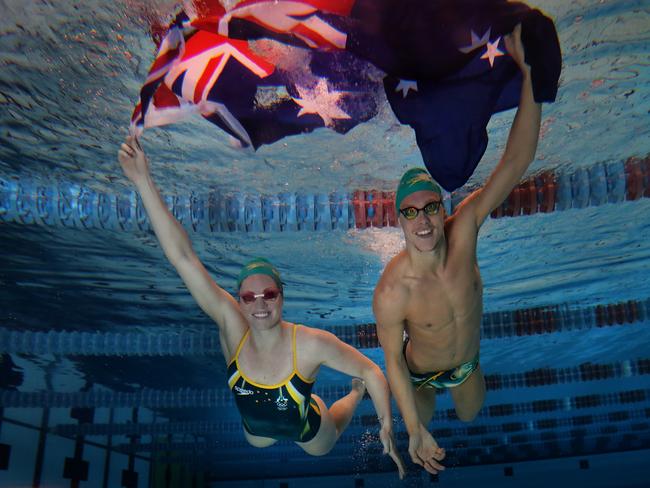
Horton and Groves might be the two leading rookie gold medal chances, but they’re not alone when it comes to fresh faces tipped to make an immediate impact.
Sunshine Coast breaststroke Taylor McKeown could be the smoky of the Games. The 200m breaststroke Commonwealth champion is being talked about within the tight-knit swim team as someone who is looking in seriously fine shape and ready to make a statement.
“Just to be in the final is the first goal and once I’m there finding ways I can improve from the semi-final to hopefully go faster,” McKeown said.
“If I can swim another (personal best time) from trials it’s going to be in the final so it’s all about the progression from heats to semis to finals and what I can do to get faster and once I’m there anything can happen.”
McKeown’s attitude is reflected throughout the entire team. In London there was no team psychologist to help athletes mentally prepare for racing and handle the pressure. It was possibly the biggest mistake of all in 2012.
In 2013 they appointed Georgia Ridler to the role and she’s been a permanent team fixture ever since, helping strengthen minds and improve team culture and morale.
Verhaeren said having a strong mind was, at this point of the game, more important than any physical advantage.
“The end game is always a mental game. All these men and women can swim, they’ve shown that and proven that already,” Verhaeren said.
“You can swim and have your race plan but can you do it on the day that it matters? Obviously a big part of that is the mentality.”
The next few days could be life-changing for many young Australians. Champions are made, dreams are broken.
But as Campbell’s coach Simon Cusack constantly reminds his athletes, and it’s particularly apt given some of the post-career troubles of Australian swimmers, winning Olympic gold doesn’t make you a better person.
He says it partly to keep them grounded, but mainly to keep them from putting their life’s worth at stake for a medal.
“I try to keep it in balance and tell them plenty of nice people have won gold medals and there’s also been plenty of wankers who have gone on to absolutely stuff up their lives,” Cusack said.
“While it is career changing it’s not life changing. You just have to keep it in context to what life really is about. If there is too much riding on it they will never be at their best.”
Originally published as Great expectations on our swimmers could be team’s downfall, warn coaches

